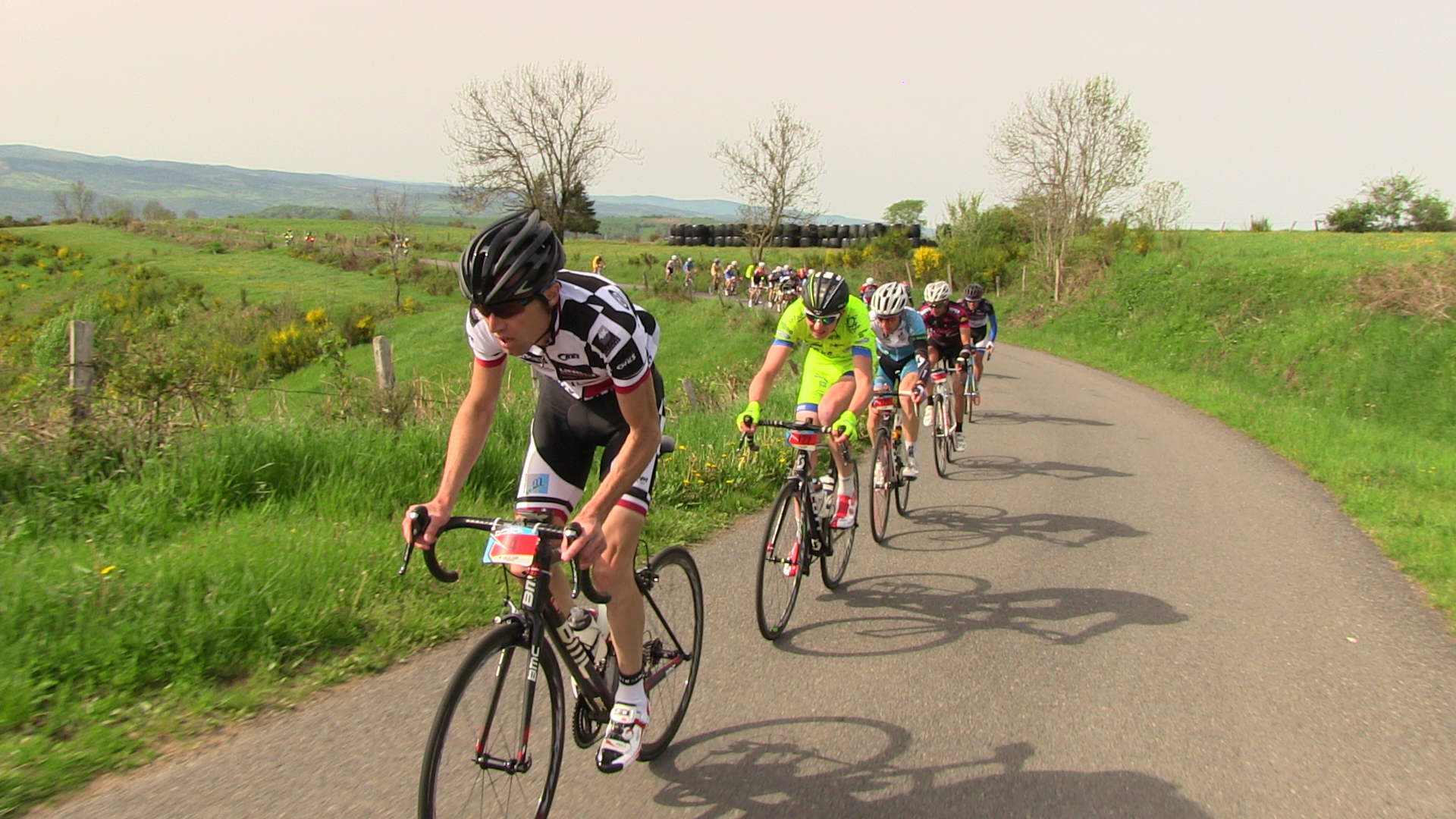Competing in a cycling race demands not only physical prowess but also significant mental preparation. Just as athletes train their bodies to endure the rigours of a race, they must also condition their minds to handle the pressure, focus, and strategic demands of competition. Here are key areas of mental preparation essential for cyclists aiming to perform at their best.
Setting Clear Goals
Establishing clear, achievable goals is fundamental to mental preparation. Cyclists should set both short-term and long-term goals, providing a roadmap for their training and racing efforts. These goals might include finishing a race, achieving a personal best time, or placing within a certain rank. Having specific targets helps maintain motivation and provides a sense of direction.
Visualisation Techniques
Visualisation is a powerful tool used by many successful athletes. Cyclists can benefit from mentally rehearsing their race, envisioning themselves navigating the course, tackling challenging sections, and crossing the finish line. This mental imagery can improve focus, reduce anxiety, and enhance confidence. By picturing success, cyclists can prepare their minds to handle the physical demands of the race.
Building Confidence
Confidence is crucial for peak performance. Cyclists can build confidence through positive self-talk, reflecting on past successes, and reinforcing their abilities. Practising mindfulness and staying present can also help maintain self-assurance. It’s important to remind oneself of the hours of training and preparation that have gone into getting ready for the race, fostering a belief in one’s capability to succeed.
Managing Stress and Anxiety
Racing can be stressful, and managing this stress is key to maintaining performance. Techniques such as deep breathing exercises, meditation, and progressive muscle relaxation can help calm nerves. Cyclists should also develop a pre-race routine that includes warm-up exercises and mental relaxation practices, helping to reduce anxiety and keep focus.
Strategic Planning
Having a clear race strategy is essential for mental readiness. Cyclists should study the race course, understand the key segments, and plan their approach to each part of the race. Knowing when to conserve energy, when to push hard, and how to handle various terrains can provide a mental edge. Discussing strategies with coaches or teammates can also offer valuable insights and boost confidence.
Focus and Concentration
Maintaining focus and concentration during a race is critical. Cyclists must be able to concentrate on their pacing, positioning, and the movements of other competitors. Techniques such as mindfulness training and cognitive exercises can improve attention and reduce distractions. Staying mentally present and avoiding negative thoughts about potential outcomes can help cyclists maintain their performance throughout the race.
Developing Resilience
Races often come with unexpected challenges, such as adverse weather, mechanical issues, or competition setbacks. Developing mental resilience enables cyclists to handle these obstacles without losing composure. Practising scenarios and preparing for possible difficulties can make it easier to stay calm and find solutions during the race. Resilience training can include visualising overcoming challenges and reflecting on past experiences where adaptability was required.
Recovery and Reflection
Post-race mental preparation is just as important as pre-race preparation. After the race, cyclists should take time to reflect on their performance, identifying what went well and what could be improved. This reflection should be constructive, focusing on learning and growth. Recovery techniques, including relaxation exercises and adequate rest, help the mind and body recuperate and prepare for future races.
Mental preparation is a multifaceted process that requires as much attention as physical training. By setting clear goals, using visualisation techniques, building confidence, managing stress, planning strategically, maintaining focus, developing resilience, and reflecting post-race, cyclists can enhance their mental readiness. This comprehensive approach not only improves race performance but also enriches the overall cycling experience, turning challenges into opportunities for growth and success.


